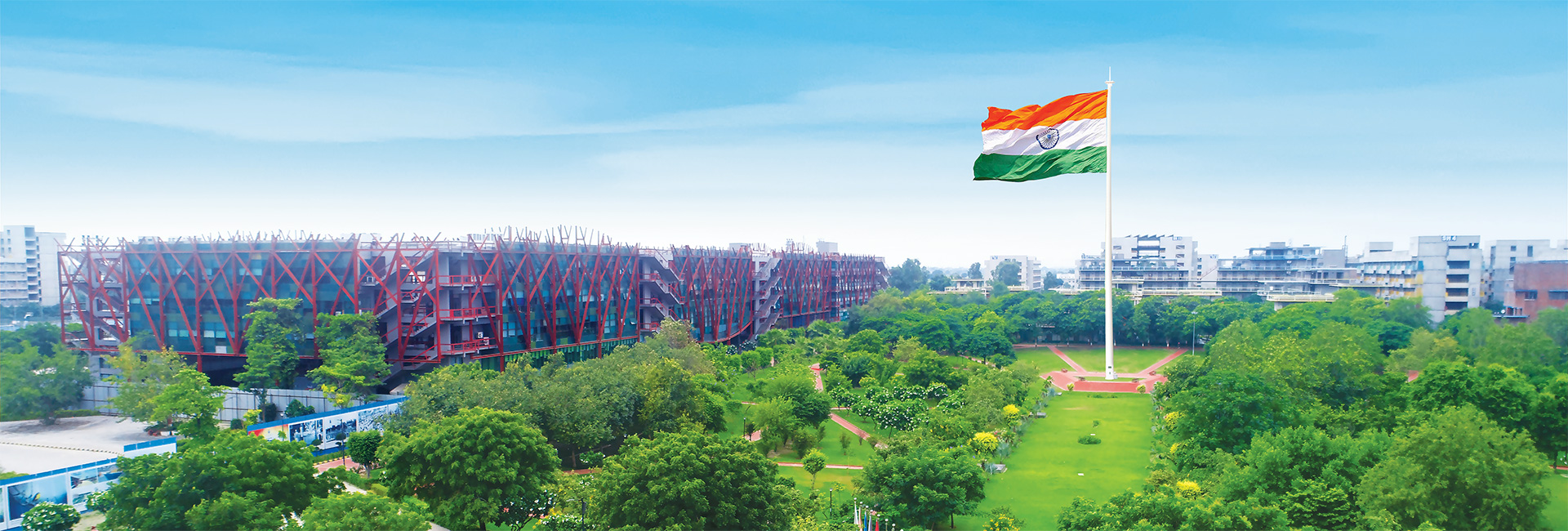Home
January 30, 2025 2025-04-22 8:05Home




Office of the Vice Dean of Clinical Legal Education
At Jindal Global Law School (JGLS), our Clinical Legal Education (CLE) program is rooted in a commitment to advancing social justice through a community-centered, reflexive, and ethically grounded framework. Our clinics are not merely sites of skill-building for students but spaces for critical engagement, where lawyering is understood as a practice deeply embedded in social realities, power structures, and the lived experiences of marginalized communities
Core Principles
Centering Communities & Collaborative Lawyering
Reflexive Pedagogy & Positionality
Ethical and Transformative Practice
Reimagining the Role of Lawyers in Society
Practical Skills Development Through Legal Interventions
Structure & Impact
The Clinical Legal Education office at JGLS was established in August 2020 to institutionalize this vision. Our clinics work on a range of critical social justice issues, including child rights, environmental justice, prison reforms, trans rights, reproductive justice, and climate change. Each clinic operates with a specific focus while remaining committed to the overarching mission of legal empowerment and systemic change. Additionally, the Justice Krishna Iyer Centre is primarily dedicated to ensuring meaningful access to routine legal aid, with a particular focus on Sonipat and a broader commitment to Haryana. Recognizing the systemic barriers that marginalized communities face in accessing justice, the Centre actively intervenes to bridge the gap between legal rights and their enforcement. Through case interventions, legal counseling, assistance with documentation, representation, and community outreach, we aim to make legal aid more accessible and effective.
By centering community needs, bottoms up approach, fostering reflexivity, and reimagining legal education as a tool for care, solidarity and justice, our clinical program at JGLS seeks to shape a generation of lawyers who are critically engaged, ethically grounded, and committed to transformative legal practice.
Clinics
The clinics at JGLS have always adhered to the values of mutual respect and trust as well as the ethics of confidentiality while dealing with power asymmetries in communities and society. They create opportunities for students to associate themselves with lawyers and social workers who have championed the causes of social justice. At JGLS, we believe that community outreach is the responsibility of lawyers and consequently, the clinics are designed to enable students to imbibe the values required from socially responsible legal practitioners.

Events
Paralegal Training Workshop
A ‘Paralegal Training Workshop’ was organized by the Office on...
Paralegal Training Workshop
A second ‘Paralegal Training Workshop’ was conducted by Prof Dipika...
Clinical Pedagogy Training Workshop
A ‘Clinical Pedagogy Training Workshop’ was organised by the Office...
Paralegal Training Workshop
A ‘Paralegal Training Workshop’ was organised by the Office on...





